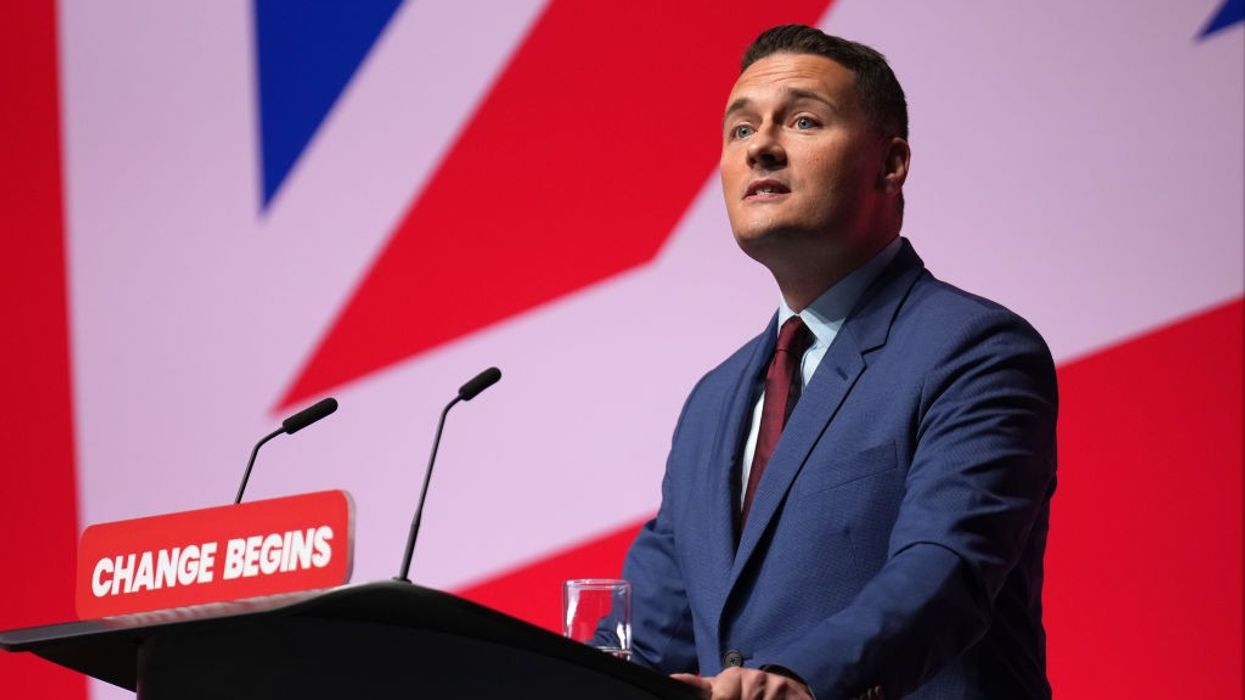With GP practices limiting daily appointments during their collective action, more patients are likely to turn to community pharmacies for help and advice
Community Pharmacy England (CPE) has urged pharmacy owners to maintain the safety of their services while managing the additional workload brought on by the collective action of GP services, starting today (Thursday, 1 August).
General practices across England have begun implementing a work-to-rule strategy indefinitely, following a ballot of GP partners conducted by the British Medical Association (BMA).
Under this approach, GP practices will strictly adhere to contracted hours and duties, performing only the tasks specified in their NHS contract.
With fewer GP appointments available, it is anticipated that more patients will turn to their community pharmacies for help and advice.
Therefore, CPE has stressed the importance of pharmacy owners maintaining the safety of their services, with a focus on the safe supply of medicines, during this period of GP collective action.
It said: “If due to local action by GPs, patient demand for services and advice outstrips your capacity to provide it, you may need to activate part of your business continuity plan.
“If your pharmacy is affected by local action by GPs, you should communicate this to your patients, making sure it is clear why the pharmacy team is under even more pressure than normal.”
Template posters are being made available on the CPE website, which pharmacy owners can customize and print for display in their pharmacies.
Commenting on the result of the GP ballot on collective action, CPE Chief Executive Janet Morrison, said: “If patients can’t access their GP practice many will turn to their local pharmacies for help, as happened throughout the pandemic. But pharmacies are already under considerable strain as everybody in the sector is only too aware.
“Pharmacy teams will always do their best to help patients during times of crisis – but they can only do so much.
“They may have to prioritise the safe supply of NHS prescriptions and dealing with patients referred by NHS 111 over other NHS services.”
Janet asked the public to be patient and respectful towards pharmacy teams as they handle the increased workload from the general practice action.
Further, she stated that they continue to push the new government and NHS England to address the underfunding of pharmacy services, highlighting that GP teams are not the only ones in primary care who are exhausted, overworked, and struggling to make ends meet.
Nick Kaye, Chair of the National Pharmacy Association (NPA), echoed the sentiment, stating that persistent underfunding has eroded community pharmacy's ability to to be an effective shock-absorber for disruption elsewhere in the healthcare system, leading to serious capacity challenges within the sector.
“Pharmacies in England have suffered a 40% real-terms cut over the last decade, leading to staff cuts, reduced opening hours and a wave of closures,” he noted.
He added that in addition to finding a resolution to the doctors' disputes, the new government must establish a new deal with community pharmacies that provides proper funding, treats them with respect, and ensures they can continue to serve patients.
The Pharmacists’ Defence Association (PDA) also weighed in on the issue, emphasising the critical differences between contractor disputes like these and traditional strike actions.
Giving examples of disputes, the PDA said that the collective action by GPs is part of a broader wave of contractor dissatisfaction with their contracts with NHS England.
"The British Medical Association (BMA)’s General Practitioners Committee (GPC) in England is currently balloting its GP partner and contractor members regarding taking collective action.
"The National Pharmacy Association (NPA), which represents independent community pharmacies across the UK, took a day of action on 20 June 2024 and has another day of action scheduled for 19 September 2024."
While both involve a breakdown in relations over contractual terms, the PDA noted that these disputes are unique because they involve contractors challenging the terms of their agreements with NHS England, rather than employees striking against an employer.
The PDA said it will offer guidance to pharmacists and locums on how to navigate their professional responsibilities while being aware of the implications of working in environments affected by these ongoing contractual disagreements between contractors and NHS England.
Opportunity for community pharmacy to show their strength
Meanwhile, Harry McQuillan, Chairman of Numark, views this period as a great opportunity for community pharmacies to demonstrate their ongoing value and commitment to patient care.
Pharmacies can provide essential support to patients, particularly in managing minor ailments and conditions through the Pharmacy First initiative.
"By leveraging the Pharmacy First framework they have the opportunity to make a real difference in their communities,” McQuillan said.
Acknowledging that many community pharmacies are already very busy, he asked for patience and understanding from patients and the public, as access to their highly trained teams might take longer than desired.
He underscored the importance of raising public awareness about Pharmacy First to allow the community pharmacy network to fully embrace the service.
“Mounting pressures on a struggling NHS infrastructure that result in this type of ‘work-to-rule’ emphasises that there is a necessity to have a vibrant, fully funded community pharmacy network that can support local communities now and in the future.” he added.
Public urged to come forward for care
During the collective action, practices will remain open from 08:00 to 18:30, Monday to Friday.
While there may be some disruption to services, the NHS is encouraging the public to seek care as usual, noting that they can make requests by phone, on-line or by walking in.
Dr Amanda Doyle, NHS National Director for Primary Care and Community Services, said: “GPs and their teams are the bedrock of the NHS, and we recognise they are working really hard and dealing with record demand.
“On behalf of patients, the NHS has a duty to plan for collective action, and we will continue to work with government to find a resolution and end collective action.
“Our message to the public remains the same – they should continue to come forward for care during this collective action, as GP practices will remain open.”
GP partners and contractors in England have voted overwhelmingly in favour of collective action. In a non-statutory ballot, 70 per cent of eligible members voted, with a remarkable 98.3 per cent supporting the move, indicating their willingness to take action to save general practice.
The BMA have urged GP partners and contractors to start taking at least one of the 10 actions recommended for collective action.



















